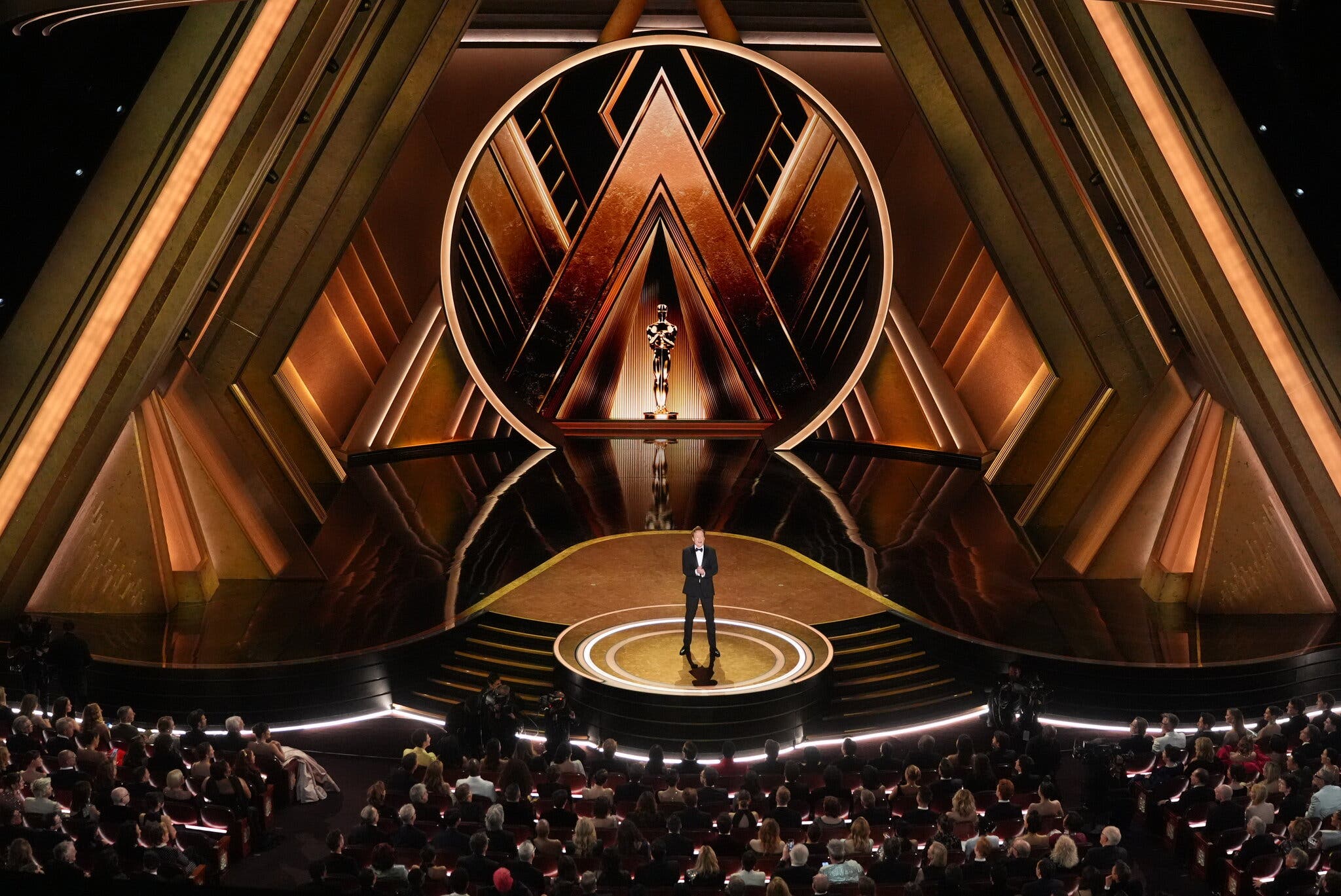The Academy Opens Its Doors to Artificial Intelligence
The Academy of Motion Picture Arts and Sciences has officially opened its doors to artificial intelligence (A.I.), introducing new rules that address the role of advanced technology in filmmaking. In a statement released on Monday, the Academy announced a series of updates to its already comprehensive rules governing voting and campaigning.
One of the most prominent changes requires Academy members to watch all nominated films in each category before casting their votes in the final round. This rule, focusing on promoting informed voting, raises an important question: How will compliance be enforced? For now, voters are expected to confirm on their ballots that they have watched each film, although there is no formal policing mechanism in place.
A.I. and the Road to Oscar Glory
A particularly notable update concerns the use of generative A.I., a technology that has been rapidly advancing within the film capital yet remains divisive among creatives. The statement reflects the Academy’s acknowledgment of this reality: “A.I. and other digital tools neither help nor harm the chances of achieving a nomination.” However, the Academy emphasizes that human involvement plays a crucial role in the decision process, adding, “The more a human played a role in a film’s creation, the better.”
While considering changes to its submission process to require disclosure of A.I. usage, the Academy chose not to implement such mandates for now.
Technology and Art: A Complex Relationship
Recognizing the increasing presence of A.I. in filmmaking is significant for the Academy. Just earlier this year, unions representing writers and actors fought for protections against A.I. in contract negotiations. Discussions reached a fever pitch around the Oscars, especially after it was revealed “The Brutalist,” an immigrant epic with ten nominations, employed A.I. to enhance Hungarian accents. The film saw both support and criticism, raising ethical questions within the industry.
Oscar Highlights
- Adrien Brody’s remarkable portrayal in “The Brutalist” earned him the Oscar for Best Actor.
- “The Brutalist” also won Oscars for Cinematography and Score.
- Films like “Emilia Pérez” and “Dune: Part Two” also utilized A.I. tools for various enhancements.
Leading Voices in A.I.
Some icons of the film world, such as James Cameron, have not only accepted but embraced these technological advancements. Cameron, known for pushing cinematic boundaries, joined the board of directors at Stability A.I., a pioneering start-up. Meanwhile, ongoing debates persist among stakeholders over the implications of this shift.
Demi Moore, who recently faced public backlash for transforming her dog’s image using A.I. on social media, represents the other end of the spectrum. After realizing the dissatisfaction her post garnered, she retracted it, acknowledging the lack of consideration for artists: “I did not realize by sharing this image, it would be in such disrespect to the artists and creators of our world,” she stated in a follow-up post.
In addition to these rule changes, the Academy also strengthened its “public communications” policy, emphasizing that those involved with any eligible film should not disparage the methods or themes of other films.
Looking Ahead
The next Oscars ceremony, once again hosted by the inimitable Conan O’Brien, is set for March 15. As the cinematic world prepares for this glamor-filled event, all eyes are on how these new rules might reshape the industry’s creative landscape.
Stay updated with the latest insights in A.I. and emerging technologies by following us on aitechtrend.com.
Note: This article is inspired by content from https://www.nytimes.com/2025/04/21/business/oscars-rules-ai.html. It has been rephrased for originality. Images are credited to the original source.

